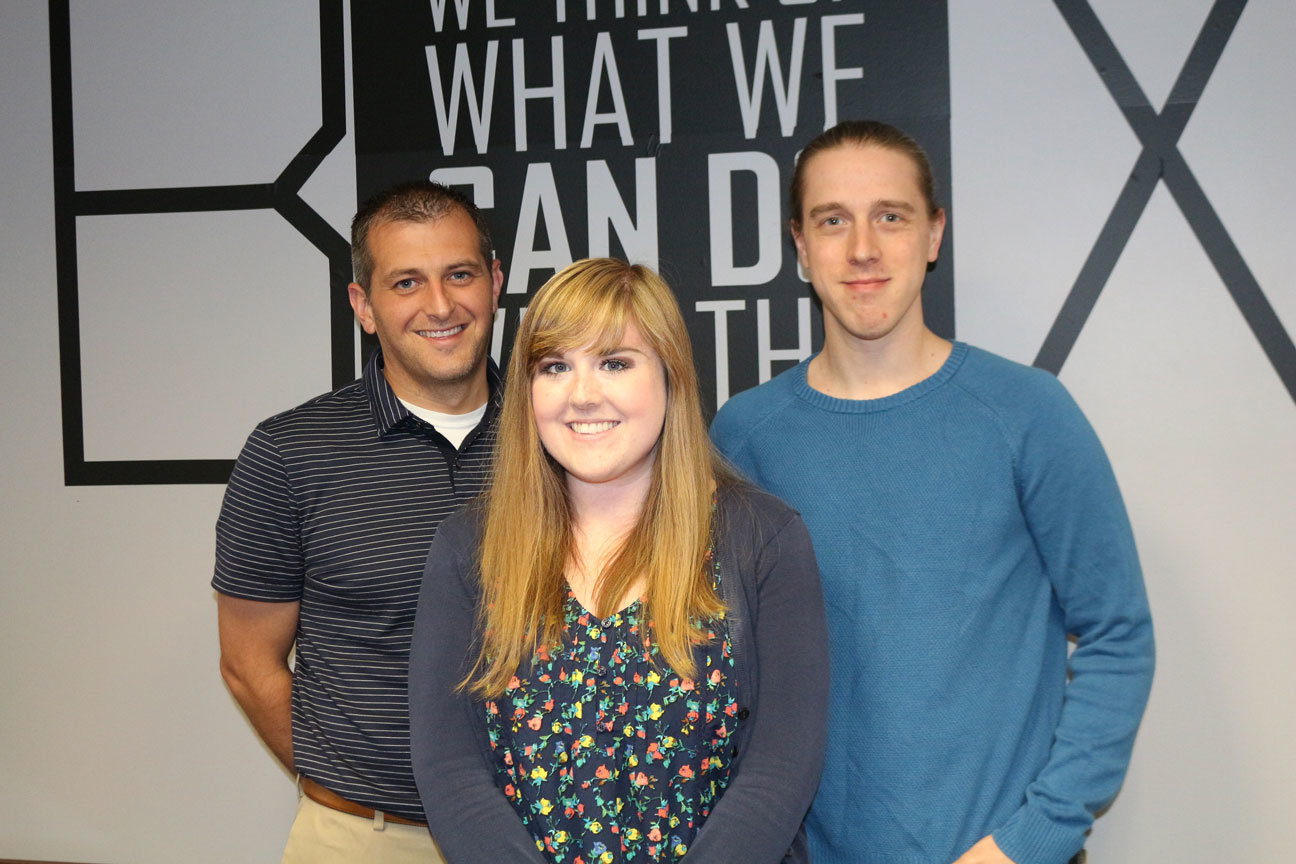Facebook Townsquare Case Study
Townsquare Media uses CrowdTangle to stay up to date in sales
Key executives: Jess Abbot, Justin Hudson and Doug Priest.
Media: Townsquare
Initiative: Brand content sales
Technology: CrowdTangle
Challenge: Townsquare Media has been using CrowdTangle, a new free tool provided by Facebook’s journalism project, for about a year. Now, the sales department realized they might be able to use CrowdTangle for branded content and to drive revenues. Justin Abbot, the leader of the initiative, set-up a meeting to decide how it could work.
Strategy: Abbot’s team decided to create a CrowdTangle dashboard just for the sales department and use it to engage customers in conversations about branded content.
“One of the hardest parts of an account executives’ job is the ability to stay up-to-date with their clients and prospects. Facebook is an excellent way to do this, as local businesses are frequently sharing big and small milestones with their audience and the public,” Abbott said.
CrowdTangle tracks all the social activity around links on Facebook, Instagram, Reddit and more.
To gather intelligence, Abbott set up each AE with two lists: clients and prospects. Each AE also received an automated email schedule to be delivered on the first of every month that reported the “hottest” posts for the companies on their lists.
The email showed overperforming posts, providing the salesperson with “valid business reasons (VBR) to call and have a conversation with substance.”
Topics included congratulations and sales ideas.
The basic uses by the Townsquare sales team are two-fold:
-
Internal audits: These look only at client data, comparing posts that overperformed, and any factors such as time of year, type of content (photo or video) and the engagement of the page. This allows reps to see if the client is “over-performing but underdelivering,” say, on a type of content, and should invest more time there. It also allowed Townsquare to recommend and construct “look-a-like” content, replicating the posts with high interactions.
-
External audits: These compare the client's intelligence report compared with multiple competitors, to find ideas that they may be missing.
“The sales team loves it,” Abbot said. Sales leaders made it mandatory to run an intelligence report before every sales call, and salespeople themselves often scheduled the emails at shorter intervals to stay more up-to-date.
Results:
“We saw an immediate impact in sales in the first week of use.”
The first test was a local health care provider. They were already providing SEO and programmatic display services but had not yet sold a branded content program.
After seeing the intelligence reports, the client was “shocked and grateful for the information,” Abbott said.
The account executive was prepared with a proposal that directly correlated to the client's individual needs. After a 3-hour discussion, she closed a $46,000 six month buy.
In six weeks, Townsquare Media saw sales revenues increase by $75,000 to $1,000,000 as a direct result of the program.
Lessons learned:
-
Focus on specific real-life use studies. “Be able to demonstrate how this was useful on a practical level, rather than how it could be used as an editorial example.”
-
Think longer term. “The sales side is less interested in moment to moment decision making, than in longer-term trends, comparing the success of pages/posts, and designing strategies around it.”
-
Tell the sales team how this data fits with strategies they are already using. “Don’t get bogged down up front with all the things CrowdTangle can do. Instead, focus on how it can make what the sales team is already doing more effective and easier by understanding the social presence and needs of clients”
-
Use it all the time.
Note: This case study was originally posted on Facebook’s CrowdTangle page here: https://www.facebook.com/facebookmedia/blog/crowdtangle-helped-townsquare-medias-sales-team-increase-revenue-by-more-than-100k






